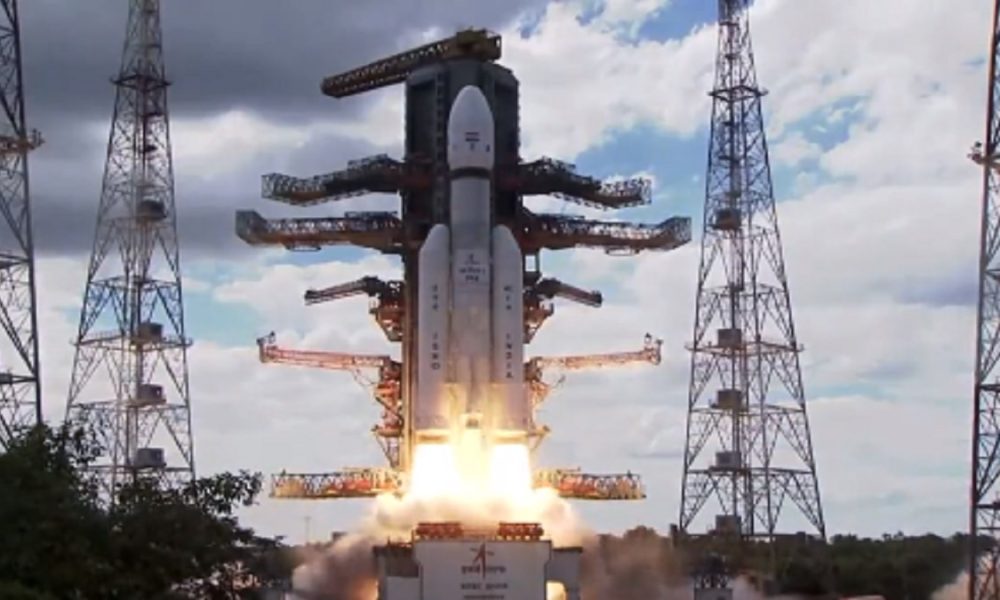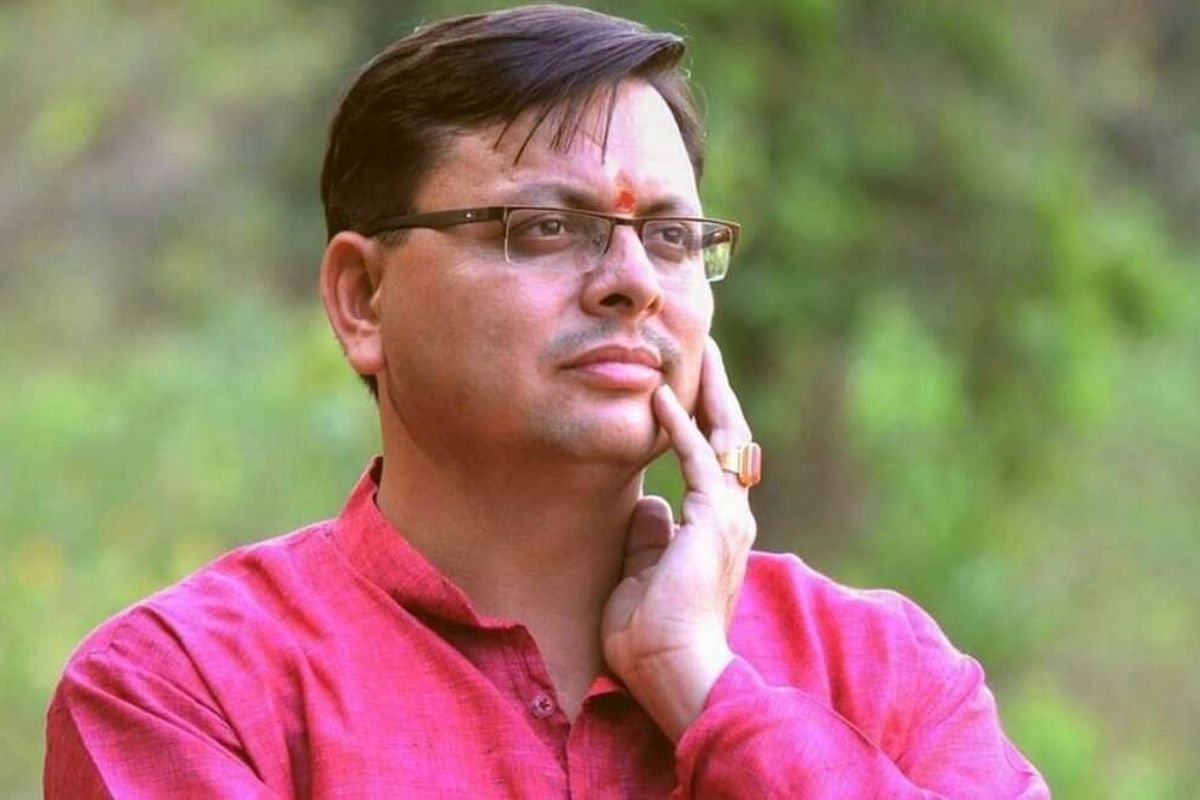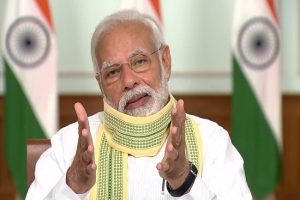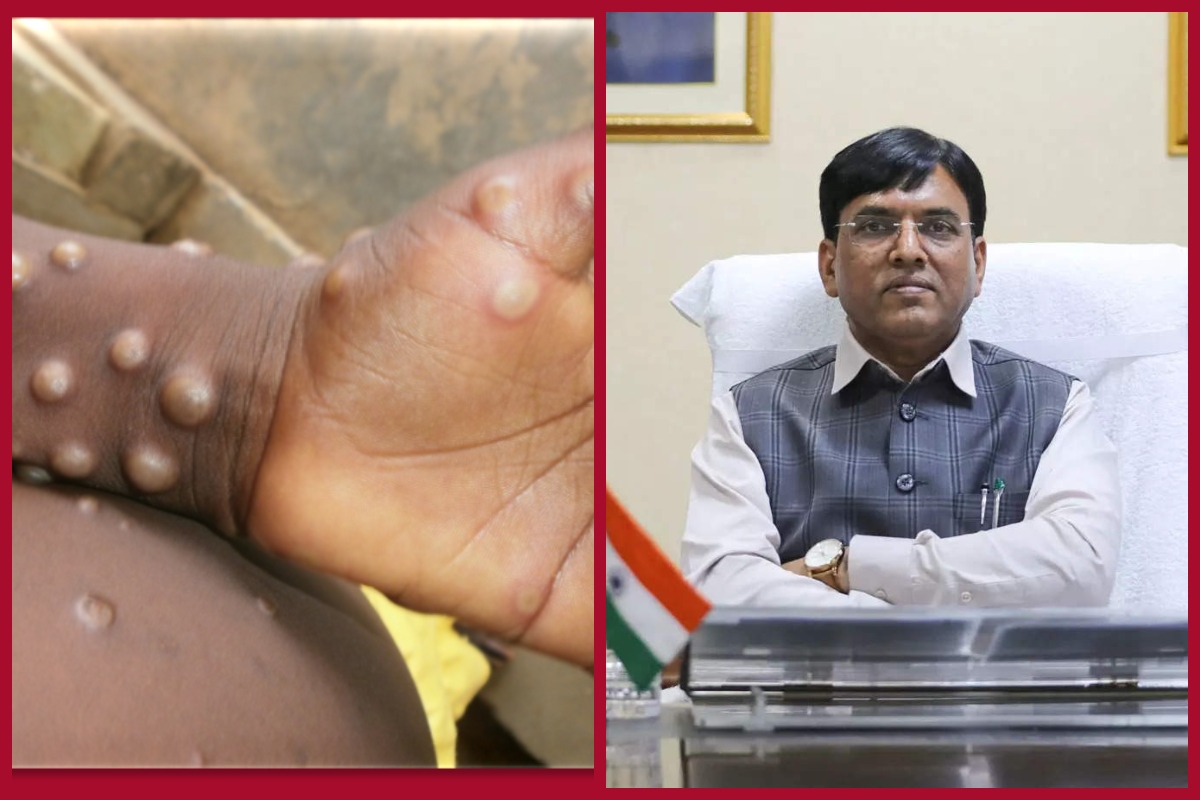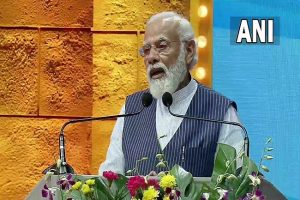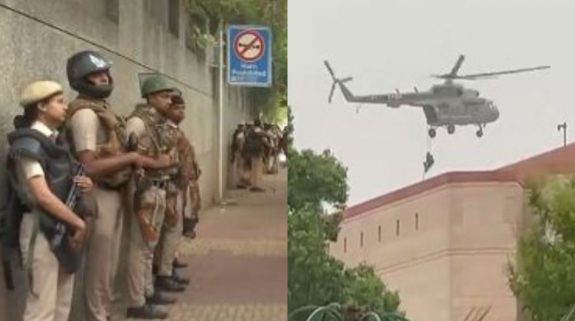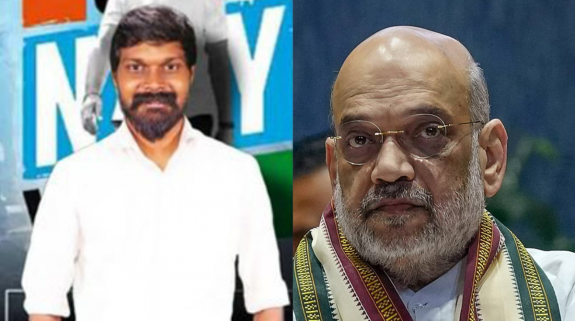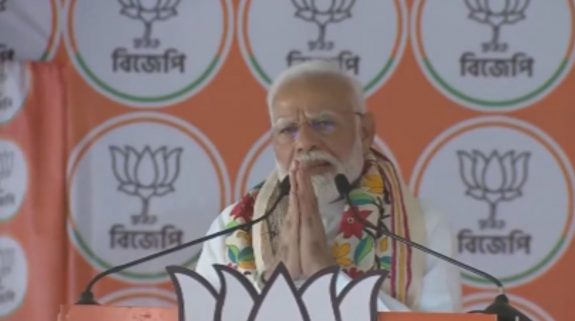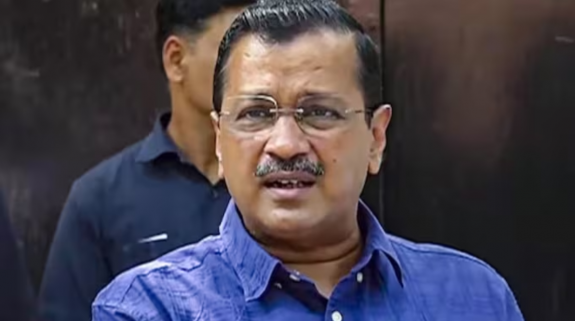New Delhi: As Chandrayaan-3 mission by the Indian Space Research Organisation (ISRO) successfully lifted off from the Satish Dhawan Space Centre in Andhra Pradesh’s Sriharikota a few minutes ago on Friday, Union Home Minister Amit Shah termed the event a “historic space journey”.
Shah took to Twitter to express his happiness, congratulating the scientists of ISRO.
“India today embarked on its historic space journey with the successful launch of Chandrayaan-3. My heartfelt congratulations to the @ISRO scientists whose tireless pursuit has today propelled India on the path of scripting a remarkable space odyssey for generations to cherish,” Shah tweeted.
India today embarked on its historic space journey with the successful launch of Chandrayaan-3.
My heartfelt congratulations to the @ISRO scientists whose tireless pursuit has today propelled India on the path of scripting a remarkable space odyssey for generations to cherish. pic.twitter.com/YPZCHPbZoq
— Amit Shah (@AmitShah) July 14, 2023
The mission follows Chandrayaan-2 where scientists aim to demonstrate various capabilities including reaching the orbit of the moon, making a soft-landing on the lunar surface using a lander, and a rover coming out of the lander to study the surface of the moon.
Sixteen minutes after lift-off, propulsion module successfully separated from the rocket and would orbit the earth for about 5-6 times in an elliptical cycle with 170 km closest and 36,500 km farthest from earth moving towards the lunar orbit.
ISRO chief S Somanath and the team behind Chandrayaan-3 shared their delight after the LVM3 M4 vehicle successfully launched it into orbit.
“Chandrayaan-3, in its precise orbit, has begun its journey to the Moon. Health of the Spacecraft is normal,” says ISRO.
The mission comes four years after an earlier attempt ended in failure. Only the United States, China and the former Soviet Union have completed successful lunar landings.
Earlier this year, a Japanese start-up attempted to get a lander to the moon, but the object crashed.
India also tried a similar mission in 2019, with the Chanrdayaan-2 rocket and a rover also called Vikram, as in the current mission — but the rover crashed as it attempted a soft landing on the moon.





